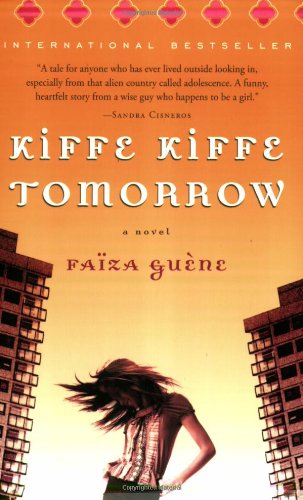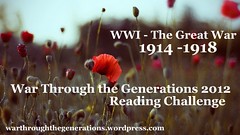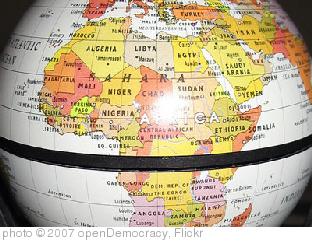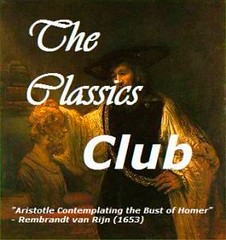
This Landmark book, written by the celebrated author of the Hornblower series of Napoleonic nautical novels, is not so much a book about pirates and piracy as it is a book about the beginnings of the U.S. Navy and naval warfare. One of the heroes of the book is Captain Edward Preble who established many of the procedures and protocols that became the basis for U.S. Navy regulations and discipline later on when the Navy was a more official entity. (The USS Constitution under Preble’s command makes a very brief appearance in C.S. Forester’s novel Hornblower and the Hotspur.)
The naval warfare in The Barbary Pirates involves the war between the new nation, the United States of America, and the nations of the Barbary Coast of Northern Africa, mostly blockade and eventual invasion of the port of Tripoli, which is in the modern nation of Libya. The war is called the Tripolitan War, after Tripoli, and it took place during the late eighteenth and early nineteenth centuries while Jefferson and later Madison served as presidents of the U.S. The goal of the war was to clear the Atlantic Ocean and the Mediterranean of North African pirates (or privateers) at a time when the economy of the Barbary States—Morocco, Algeria, Tunisia, and Libya or Tripoli–depended on the prizes their corsairs were able to take and bring home. Of course, the U.S. economy depended upon the trade across the Atlantic with Europe and Africa. So, the war, which America eventually won, made the U.S. and Europe, over time, much richer, and the Barbary States much poorer.
I enjoyed reading about an era and event in history that I knew very little about before reading this children’s Landmark book. There is a book written for adults, Thomas Jefferson and the Tripoli Pirates: The Forgotten War That Changed American History by Brian Kilmeade, that goes over the same ground in more detail, I would assume, but I haven’t read it and therefore can’t recommend it. I have heard it recommended, but also I’ve seen mixed reviews. So if you just want a basic understanding of the Barbary pirates and the war to contain them, I would recommend Forester’s little book. It’s well-researched and would likely make a good nonfiction accompaniment to Forester’s Hornblower series or to Patrick O’Brian’s Aubrey/Maturin series of nautical adventures—for a bit of historical background.
These Landmark books are such a good introduction, for children and for grownups, to so many historical time periods, people, and events. I’m excited to continue my project of reading and reviewing many of the Landmark series books this year. Next up: The Slave Who Freed Haiti: The Story of Toussaint Louverture by Katharine Scherman.







